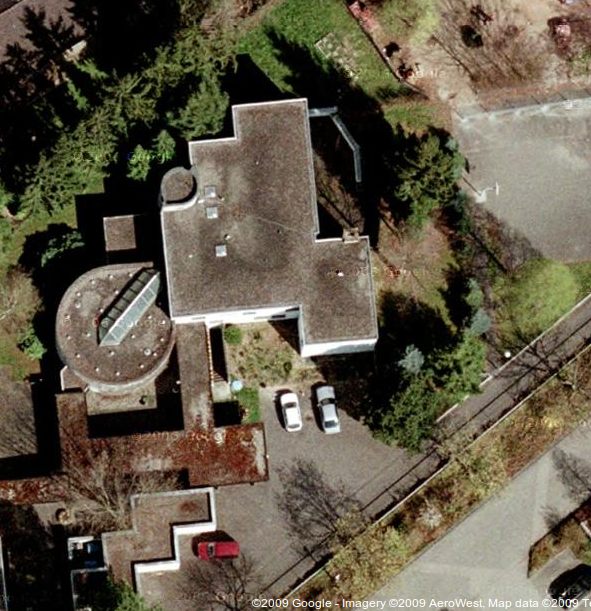In 1965, Alois Osterwalder, Shih Wei-Liang 史惟亮 (1925–1976), and others founded the China-Europe Association (Arbeitsgemeinschaft China-Europa 華歐學社) for the purpose of promoting cultural exchange between the East and the West. It played a main role in establishing the Chinese Youth Music Library 中國青年音樂圖書館 in Taipei, Taiwan, the first of its kind.
From 1967 to 1969, the two ethnomusicologists Shih Wei-Liang and Hsu Chang-Hui 許常惠 (1929–2001) systematically recorded Taiwanese folk songs in the folk song collection movement 民歌採集運動. To introduce Chinese music to the German public, Shih and Osterwalder founded the Chinese Music Research Center in Bonn in 1969.
For his dedication in promoting Chinese musicology and preserving the original recordings of the folk song collection movement in OAI, Alois Osterwalder has been awarded “Le Prix de la Fondation culturelle franco-taiwanaise” in 2014. The recordings are being digitalized by Chun-Zen Huang at National Taiwan Normal University.
After being renamed Ostasien-Institut, the association focused its energies on Japan’s technological development and successfully published several studies for several German government departments in the 1980s and 1990s.
Currently, its main activities comprise event organization, such as academic conferences and exhibitions as well as concerts, as well as publishing materials on East Asia. It also supports exchange and cooperation activities between Europe and East Asia.
